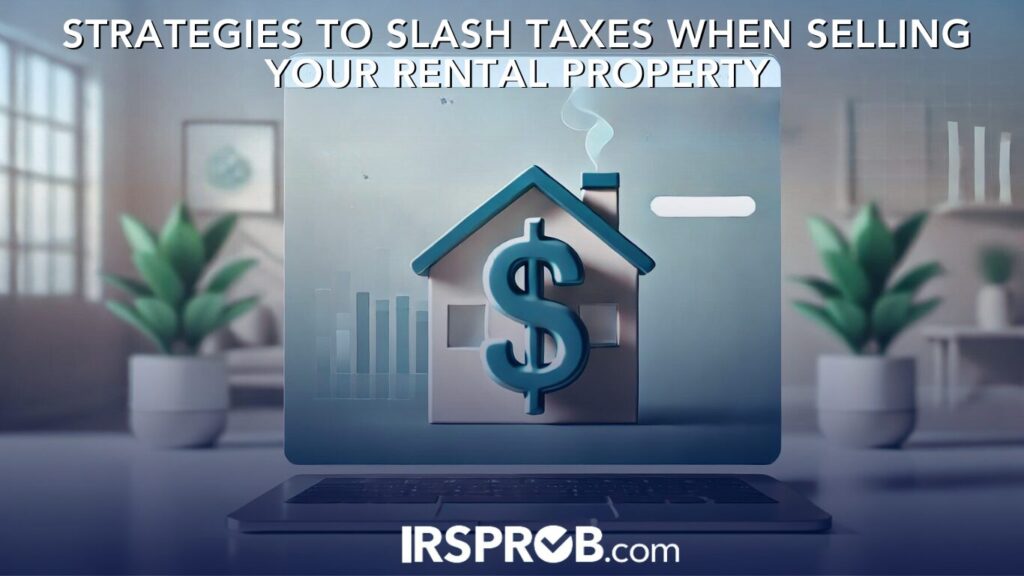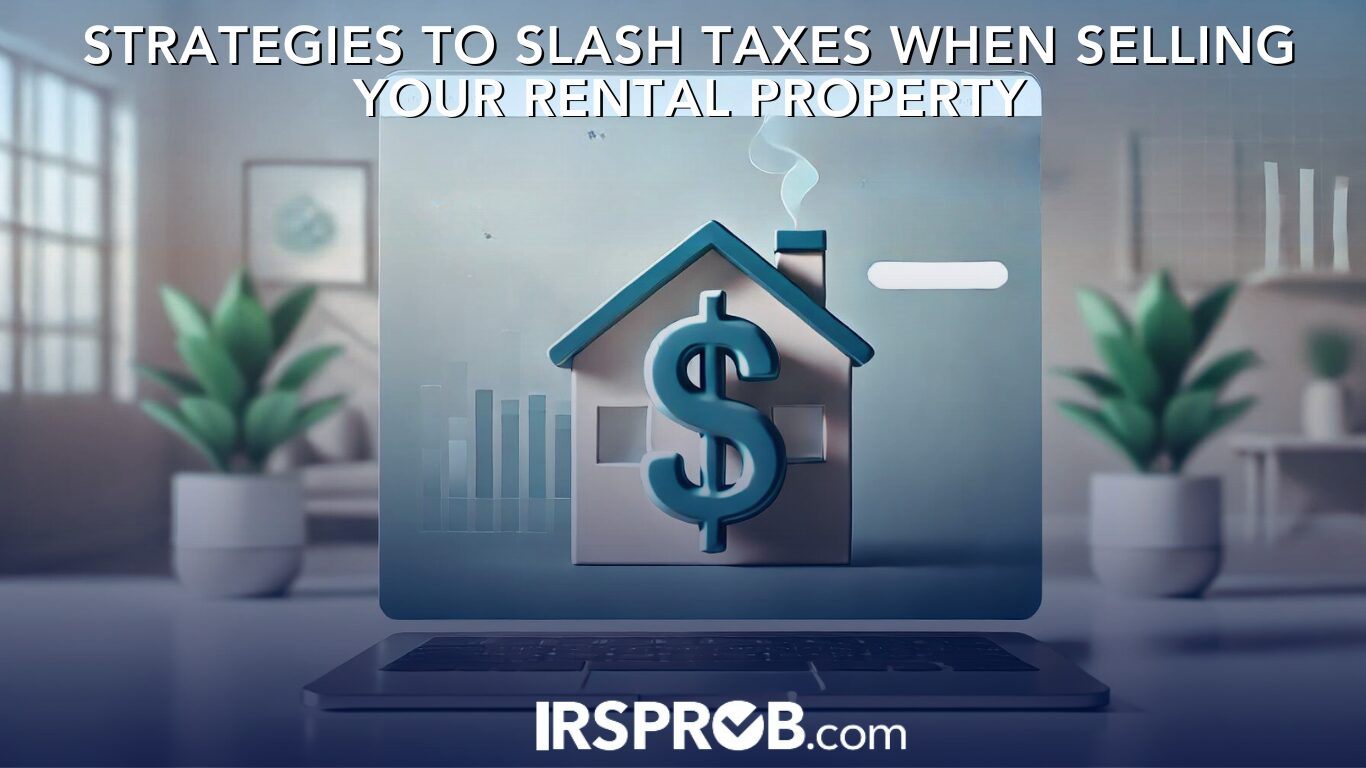
Selling a rental property can be a lucrative move, but it also comes with a potentially significant tax burden. Fortunately, there are strategies available that can help you minimize or even eliminate taxes when selling your rental property. In this post, we’ll explore these strategies and how they can benefit you as a business owner or investor.
1. Utilize an Installment Sale to Defer Taxes
An installment sale is an effective way to spread out the tax liability associated with selling your rental property. With an installment sale, you can defer taxes by receiving payments over multiple years. This strategy allows you to report part of your profit as you receive each payment, potentially lowering your overall tax rate.
Advantages of an Installment Sale:
- Defer Taxes: By receiving payments over several years, you can potentially pay a lower tax rate if your income decreases in future years.
- Flexible Terms: You and the buyer can negotiate terms without the need for third-party financing, giving you control over the sale process.
- Secure Investment: The buyer’s obligation to make future payments can be secured with a deed of trust or mortgage, reducing your risk.
However, it’s essential to be aware of the limitations and rules imposed by the IRS on installment sales. For example, the sale of certain types of property, such as inventory or stock, does not qualify for installment sale treatment.
2. Section 1031 Exchange: Defer Taxes by Reinvesting
A Section 1031 exchange, also known as a like-kind exchange, allows you to defer paying capital gains taxes by reinvesting the proceeds from the sale of your rental property into another similar property. This powerful tax-deferral strategy can be repeated indefinitely, allowing you to build significant wealth over time.
Key Benefits of a Section 1031 Exchange:
- Tax Deferral: The main advantage is the ability to defer capital gains taxes until you eventually sell the replacement property.
- Estate Planning: If held until death, your heirs can benefit from a step-up in basis, potentially eliminating the deferred capital gains tax altogether.
- Wealth Building: You can continue upgrading your real estate portfolio without triggering immediate tax consequences.
3. Leverage Passive Losses
If you have suspended passive losses from rental properties, selling your property can unlock these losses, allowing you to offset other income. When you sell a rental property, any suspended passive losses related to that property become fully deductible against your other income.
For instance, if you have $100,000 in suspended passive losses and you sell a rental property that generates a $300,000 capital gain, those passive losses can be used to offset the capital gain, reducing your taxable income and, consequently, your tax bill.
4. Compare Section 1031 Exchanges to Opportunity Zone Funds
Another tax-deferral strategy is investing in Qualified Opportunity Zone Funds (QOFs). When you sell a property and reinvest the capital gains into a QOF, you can defer taxes on those gains until 2026. Additionally, if you hold the QOF investment for at least 10 years, you can potentially eliminate taxes on any appreciation of the QOF investment.
Which Is Better: 1031 Exchange or QOF?
- Long-Term Deferral: A Section 1031 exchange allows you to defer taxes indefinitely, while QOFs provide a deferral only until 2026.
- Management Responsibilities: Section 1031 exchanges require active management of the replacement property, whereas QOFs are managed by the fund, offering a more passive investment option.
- Tax-Free Appreciation: QOFs offer the potential for tax-free appreciation after a 10-year holding period, making them attractive for long-term investors.
5. Avoid Common Pitfalls
When considering these tax strategies, it’s crucial to avoid common pitfalls that can lead to unexpected tax liabilities. For example, be cautious with intermediary installment sales, as the IRS may disallow these transactions if they lack economic substance. Additionally, sales to related parties, such as family members, are subject to specific rules that could trigger immediate taxation if not properly managed.
Conclusion
Selling your rental property doesn’t have to result in a hefty tax bill. By understanding and utilizing strategies like installment sales, Section 1031 exchanges, and leveraging passive losses, you can significantly reduce or defer your tax liability. Always consult with a tax professional to ensure you’re making the most of these strategies while complying with IRS regulations.
For more in-depth guidance on tax strategies related to real estate, visit IRSProb.com or contact our team of experts who can help tailor a plan to your specific needs.









